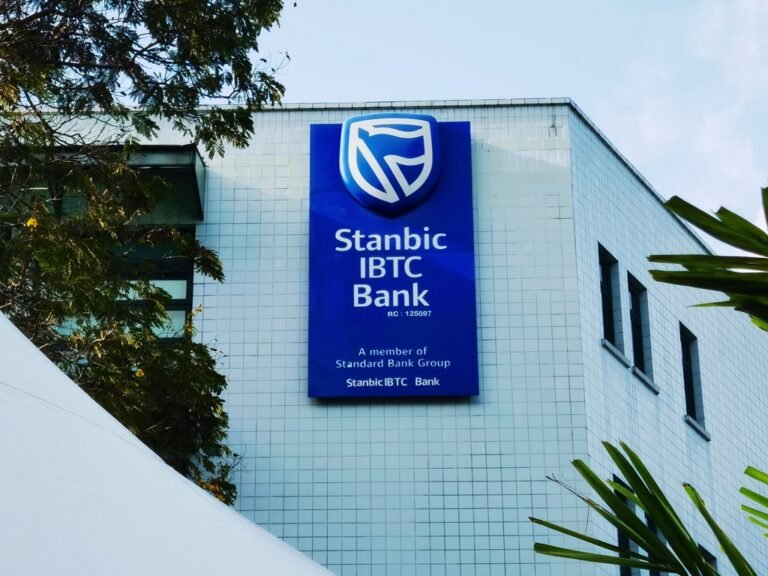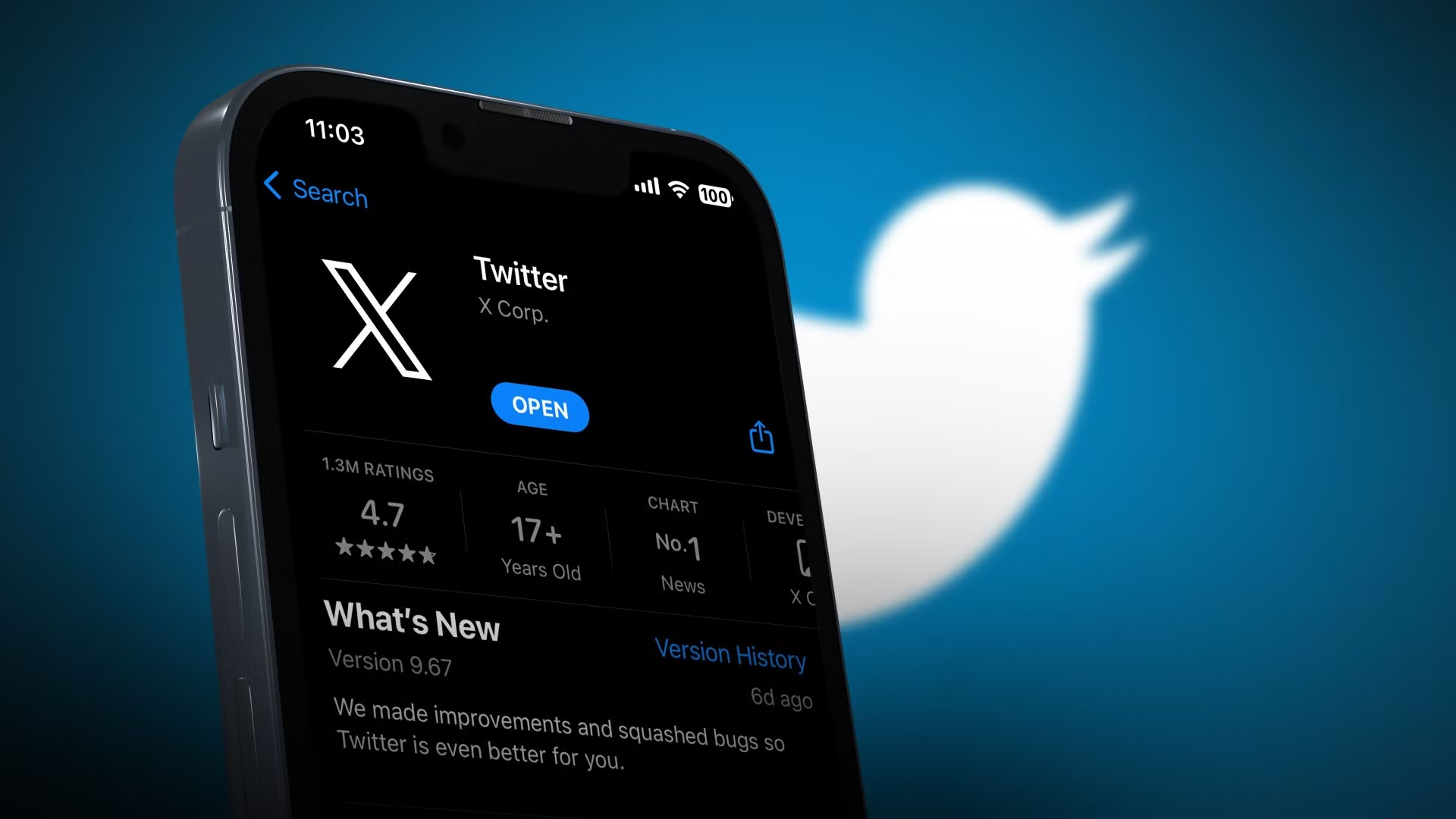ChatGPT users worldwide are experiencing a significant service outage, with hundreds of reports flooding Downdetector within a 20-minute window. The widespread disruption has prompted frustrated users to turn to social media platforms, highlighting their dependency on OpenAI’s flagship AI chatbot for daily operations.
According to real-time monitoring data, over 439 users in India alone have reported connectivity issues through Downdetector’s tracking system. The outage appears to affect both ChatGPT’s web interface and mobile application, creating a comprehensive service disruption across multiple access points.
Despite the mounting user complaints and widespread reports, OpenAI has not issued an official statement addressing the current ChatGPT outage. This silence mirrors the company’s typical response pattern during previous service interruptions, leaving users without clear timelines for resolution.
The inconsistent user experience adds complexity to the situation, with some individuals reporting normal ChatGPT functionality while others encounter persistent network errors. This fragmented outage pattern suggests potential regional server issues rather than a complete global system failure.
Recent months have witnessed multiple ChatGPT outages, establishing a concerning pattern for enterprise users and individual subscribers. The January 23, 2025, incident lasted over three hours, affecting users across Spain, Argentina, and the United States with complete access failures.
Additional disruptions occurred on December 26, 2024, and February 5, 2025, with the latter generating over 22,000 Downdetector reports. Even more recently, ChatGPT experienced brief 10-minute outages on September 1-3, 2025, indicating ongoing infrastructure challenges.
During ChatGPT downtimes, competing AI platforms like Google Gemini and Microsoft Copilot emerge as viable alternatives for users seeking uninterrupted service. Specialized tools, including Perplexity AI for research applications and Jasper Chat for content creation offer distinct advantages during OpenAI service disruptions.
These recurring outages potentially drive user migration toward more reliable AI alternatives, representing significant market share implications for OpenAI’s dominant position in the conversational AI sector.


























